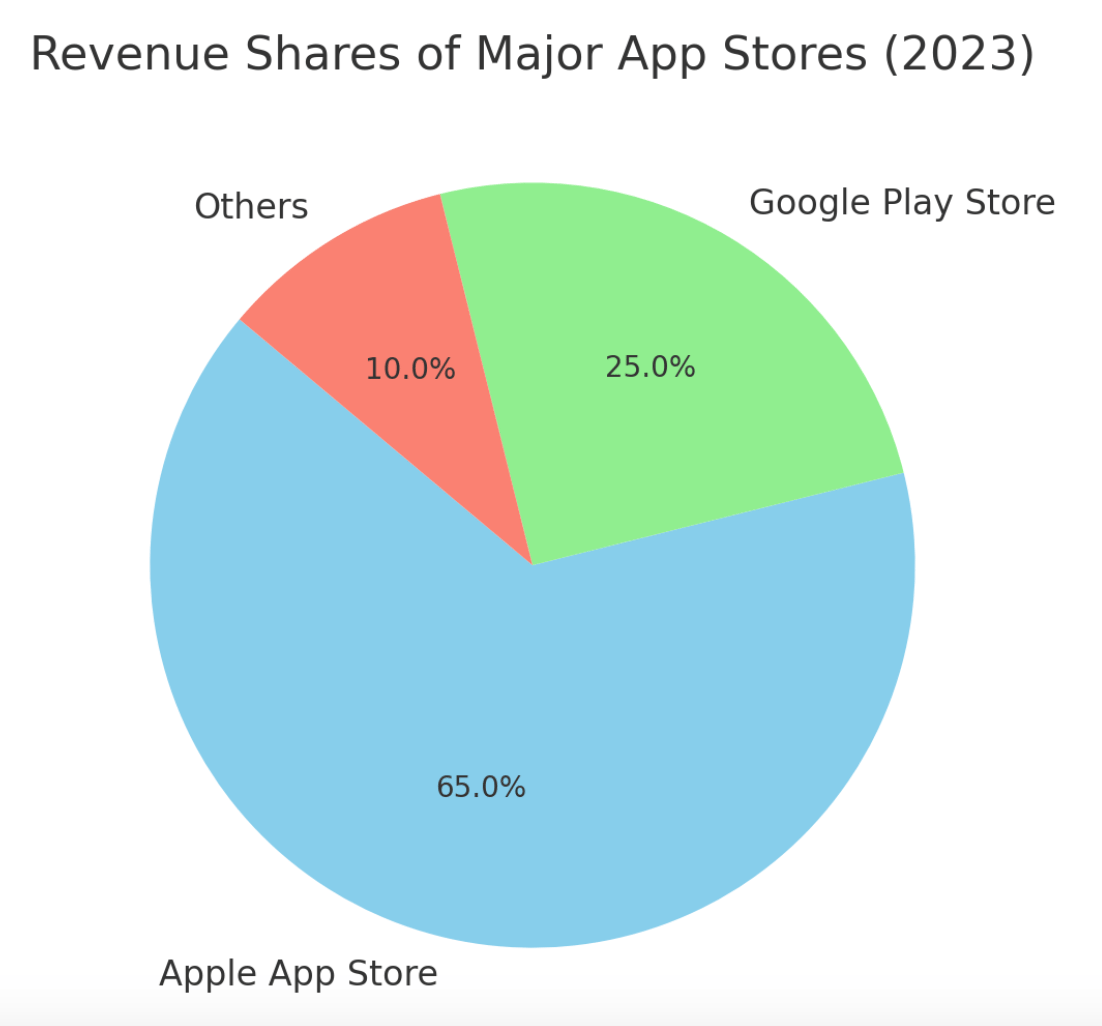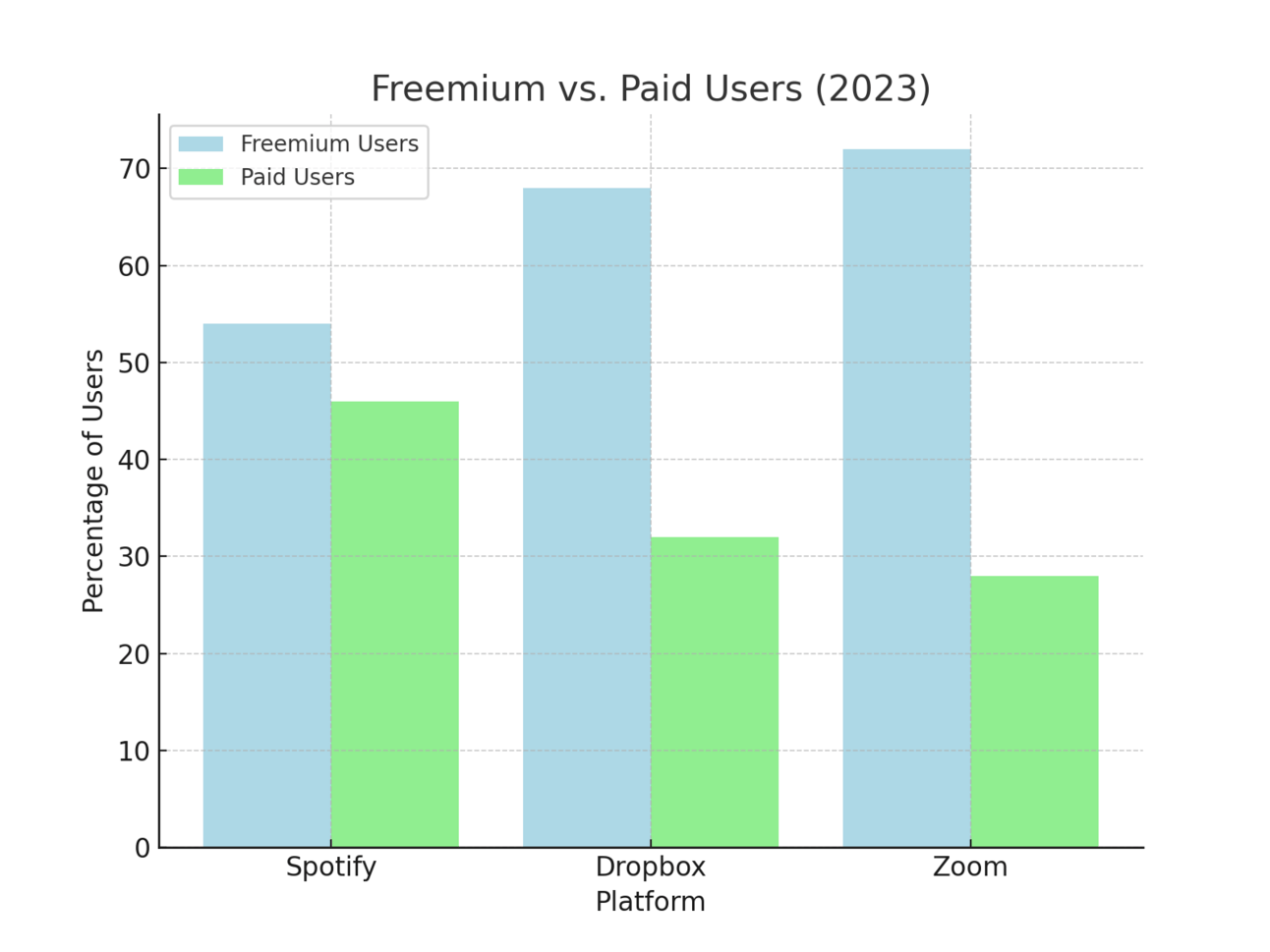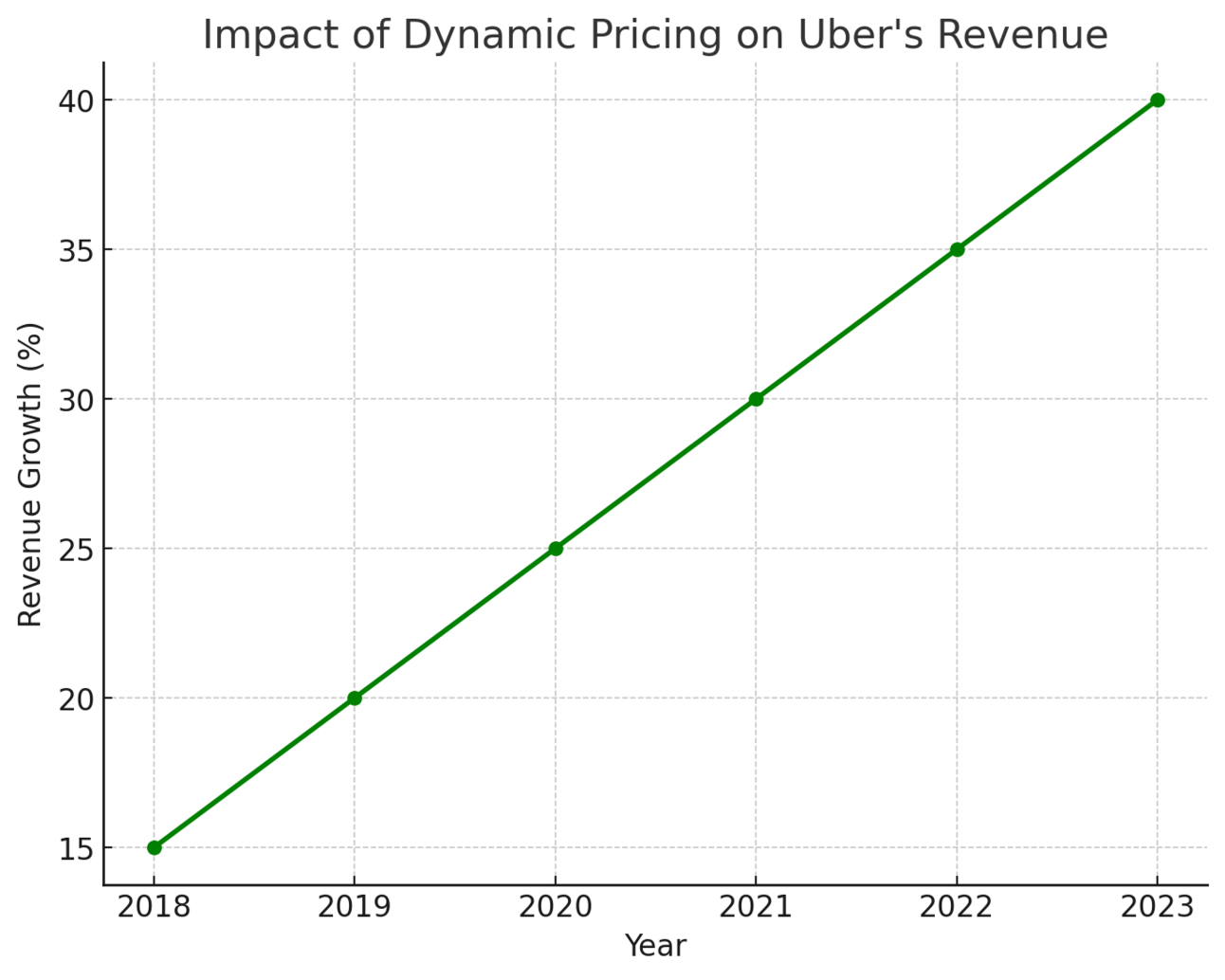- Growth Elements
- Posts
- Strategic Moves: How Game Theory Fuels Tech Industry Success
Strategic Moves: How Game Theory Fuels Tech Industry Success
Read time: 4 minutes.
Welcome to the 83rd edition of The Growth Elements Newsletter. I write an essay on growth metrics, experiments, and business case studies every Monday and sometimes on Thursday.
Today's piece is for 6,500+ founders, operators and leaders from businesses such as Shopify, Google, Sage, Hubspot, Zoho, RateGain, Zaggle, Servcorp, and Apollo.
Today's The Growth Elements is brought to you by:
Get Your Team Booked on 3.8 Million Podcasts Automatically
It's 2025. Want to finally be a regular podcast guest in your industry? PodPitch will make it happen. Even the beehiiv team uses it!
The best way to advertise isn't Meta or Google – it's appearing on podcasts your customers love.
PodPitch.com automates thousands of weekly emails for you, pitching your team as ideal guests.
Big brands like Feastables use PodPitch.com instead of expensive PR agencies.
Run CTV Ads on Roku This Q5
“Q5” is a key post-holiday shopping period
Reach shoppers where they’re streaming – on Roku
You can run self-serve CTV ads for just $500
Thank you for supporting our sponsors, who keep this newsletter free.
Happy Monday!
Tech giants like Google, Amazon, and Apple didn’t rise to dominance by chance. Behind their strategic decisions lies a powerful analytical tool: Game Theory.
Game theory, rooted in mathematics and economics, helps businesses predict and influence competitors’ actions, consumer behaviour, and market trends.
Here's how tech companies leverage Game Theory to stay ahead:
[1] Understanding the Rules of the Game
Tech companies operate in a space full of competitors, regulators, and customers.
Game Theory emphasizes identifying the “rule of engagement” such as:
Market Structures: Monopolistic competition in cloud services or duopoly in mobile operating systems.
Payoffs: Revenue, market share, or regulatory goodwill.
Players: Competitors, users, and governments.

Companies like Apple use these rules strategically, creating policies like their App Store's revenue-sharing model and consolidating ecosystem control while maximizing profits.
[2] Strategies for Competitive Advantage
Game Theory revolves around crafting strategies that anticipate competitors’ actions and their responses.
Some effective strategies include:
First-Mover Advantage:
AWS dominated the cloud market early, locking in customers and setting high switching costs for competitors.By 2023, AWS accounted for 32% of the global cloud infrastructure market.
Tit-for-Tat Strategy:
Samsung and Apple's patent litigations demonstrate this. Retaliatory strategies ensure neither gains the upper hand unfairly.Cooperative Games:
Partnerships like Microsoft and OpenAI show how cooperation can yield higher payoffs than competition.Market Signaling:
Google's free tools (Gmail, Docs) signal market dominance, discouraging potential new entrants by setting the bar too high.
[3] Game Theory and Consumer Behavior
Game Theory extends beyond competition to consumer strategies:
Freemium Models:
Platforms like Spotify offer users free tiers and upsell premium plans to maximize revenue.Spotify's freemium model converts approximately 46% of users into paying customers, contributing to its $13 billion revenue in 2022.

Behavioral Economics:
Netflix uses algorithms to analyze consumer behaviour and ensure personalized recommendations, boosting retention rates.Netflix's retention rate improved to 89% in 2023, primarily attributed to personalized user experiences.
[4] Dynamic Adaptation
Tech ecosystems evolve rapidly. Companies need to adjust strategies in real time:
Dynamic Pricing:
Uber leverages game theory to provide surge pricing and balance demand and supply efficiently.Uber's dynamic pricing increased revenue per ride by 20% during peak hours in 2023.

Product Bundling:
Microsoft integrated Teams with Office Suite, forcing competitors like Zoom to recalibrate strategies.
[5] Avoiding Zero-Sum Games
Instead of treating markets as win-or-lose scenarios, tech companies now focus on expanding the pie.
Platform ecosystems like Amazon Marketplace or Android encourage broad participation, ensuring mutual growth.
Takeaways for Tech Leaders
Predict Competitor Moves: Stay ahead by anticipating actions.
Build Ecosystems: Create collaborative networks for long-term dominance.
Adapt Rapidly: Use data to recalibrate strategies as markets evolve.
Expand the Pie: Seek opportunities that benefit multiple stakeholders, ensuring sustainability.
Final Words
The tech industry thrives on strategic decision-making, and Game Theory is the ultimate playbook.
By mastering this, tech leaders can precisely navigate competition, consumer behaviour, and market dynamics, ensuring survival and dominance.
That's it for today's article. I hope you found this essay insightful.
Wishing you a productive week ahead!
I always appreciate you reading.
Thanks,
Chintankumar Maisuria